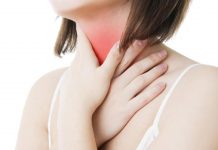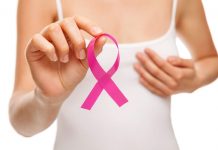– 7 reasons why your bone health depends on cutting back on dairy and meat
We’ve always been told that drinking milk and eating meat is good for us. But many studies have called conventional wisdom into question, leading many to ask whether we’ve been fed lies all of these years instead of nutrition.
1. High meat and dairy consumption spells bone density disaster
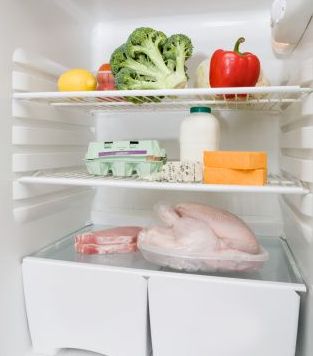 A study titled, A high ratio of dietary animal to vegetable protein increases the rate of bone loss and the risk of fracture in postmenopausal women published in the US National Library of Medicine of the National Institutes of Health asks serious questions about how much meat and dairy women consume and how that relates to their overall bone health.
A study titled, A high ratio of dietary animal to vegetable protein increases the rate of bone loss and the risk of fracture in postmenopausal women published in the US National Library of Medicine of the National Institutes of Health asks serious questions about how much meat and dairy women consume and how that relates to their overall bone health.
They worked with over 1,000 women aged 65 and older, measuring their protein intake and mineral bone density. What they found was that the more animal protein (including dairy, which is high in animal protein) a woman eats, the higher her rate of bone loss.
This association was independent of other factors such as tobacco use, exercise, estrogen use, weight, and calcium supplements or intake. What’s more surprising is that vegetable protein – from beans, lentils, grains, vegetables, and so forth – does not seem to have the same impact. The moral of the story? Eat more vegetable proteins and cut back on meat and dairy to get strong bones.
2. Connection between animal foods and hip fractures
 Going further, a study called, Worldwide incidence of hip fracture in elderly women: relation to consumption of animal and vegetable foods examined the hip fracture incidence (HFI) data across 33 different countries as reported by the United Nationals Food and Agriculture Organization and found a similar association between meat and dairy with bone density loss.
Going further, a study called, Worldwide incidence of hip fracture in elderly women: relation to consumption of animal and vegetable foods examined the hip fracture incidence (HFI) data across 33 different countries as reported by the United Nationals Food and Agriculture Organization and found a similar association between meat and dairy with bone density loss.
The study, which worked with women 50 years and older, found that countries with animal protein intakes lower than vegetable protein intakes had a lower terile of HFI. By contrast, countries where animal protein exceeded vegetable protein had much higher terile of HFI. Further proof that a vegetarian-friendly diet helps create strong bones.
3. Cutting back on meat may reduce osteoporosis risk
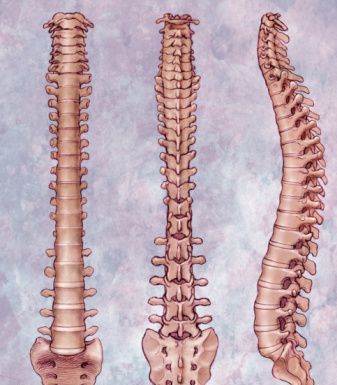 According to Cornell researchers, cutting back on meat intake may help to prevent osteoporosis. A series of studies by a joint Cornell-China-Oxford Project has concluded that a lower intake of meat helps to reduce the risk of bone density loss.
According to Cornell researchers, cutting back on meat intake may help to prevent osteoporosis. A series of studies by a joint Cornell-China-Oxford Project has concluded that a lower intake of meat helps to reduce the risk of bone density loss.
Their conclusion is similar to the others in that they believe animal protein (including dairy products) may leach more calcium from bones than vegetable protein.
Even though Americans consume much higher levels of calcium than people in developing countries, the studies, which spanned several countries, showed that those with lower animal protein intakes AND lower calcium intakes still had lower rates of osteoporosis.
4. Childhood dairy intake predictive of adult colorectal cancer risk?
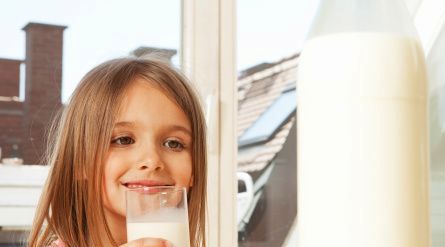 In a study published in the American Journal of Clinical Nutrition called, Childhood dairy intake and adult cancer risk: 65-y follow-up of the Boyd Orr cohort, spans 65 years and has led scientists to believe that there is an association between childhood consumption of dairy and adult cancer risk.
In a study published in the American Journal of Clinical Nutrition called, Childhood dairy intake and adult cancer risk: 65-y follow-up of the Boyd Orr cohort, spans 65 years and has led scientists to believe that there is an association between childhood consumption of dairy and adult cancer risk.
The research began with a study from 1939 to 1939 in England and Scotland, during which time 4,999 children were assessed for food inventories. Scientists then evaluated causes of death of these individuals between 1948 and 2005, covering a total of 4,383 of the participants.
What they found was startling – there were 770 registrations of cancer deaths within the group, and those with a higher dairy intake during childhood exhibited a tripling in the odds of developing colorectal cancer. Though scientists need to continue studying the association to determine the cause, the results are rather startling.
5. Higher risk of ovarian cancer with high dairy intake
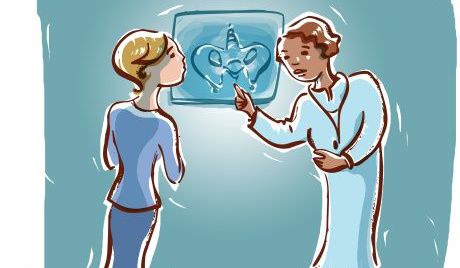 A study published in the American Journal of Clinical Nutrition titled Milk and lactose intakes and ovarian cancer risk in the Swedish Mammography Cohort demonstrated that women who consume four or more servings of dairy products were twice as likely to develop serous ovarian cancer than those who consumed two servings or less of dairy products.
A study published in the American Journal of Clinical Nutrition titled Milk and lactose intakes and ovarian cancer risk in the Swedish Mammography Cohort demonstrated that women who consume four or more servings of dairy products were twice as likely to develop serous ovarian cancer than those who consumed two servings or less of dairy products.
Milk in this study was the dairy product with the strongest positive association with this type of cancer. The scientists suspect that the lactose in milk is likely the culprit in dairy products to be causing cancer.
6. Dairy products may increase your risk of developing Parkinson’s disease

Another study published by the National Institutes of Health entitled, Dairy products and risk of Parkinson’s disease, found that dairy intake was positively associated with higher risk of Parkinson’s disease.
Though the study found the disease rates to be higher in both men and women who consumed dairy products, the association between dairy intake and Parkinson’s was more pronounced in men.
7. Living longer with less meat and dairy
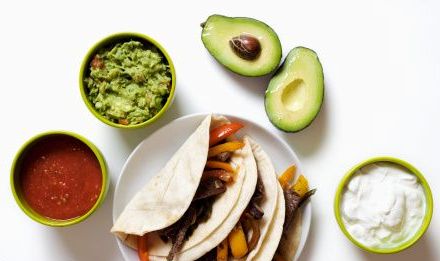 If avoiding Parkinson’s, osteoporosis, hip fractures, colon cancer, and ovarian cancer is not enough reason to cut back on the amount of meat and dairy you intake, then perhaps living a longer, healthier life will convince you.
If avoiding Parkinson’s, osteoporosis, hip fractures, colon cancer, and ovarian cancer is not enough reason to cut back on the amount of meat and dairy you intake, then perhaps living a longer, healthier life will convince you.
Numerous studies have demonstrated that a vegan or vegetarian diet leads to longer life and a healthier body, likely due to the increased intake of fiber, vitamins, minerals, and decreased intake of saturated fats.
Know about:


